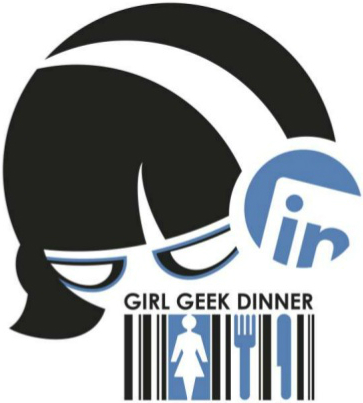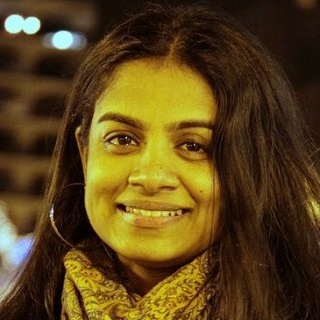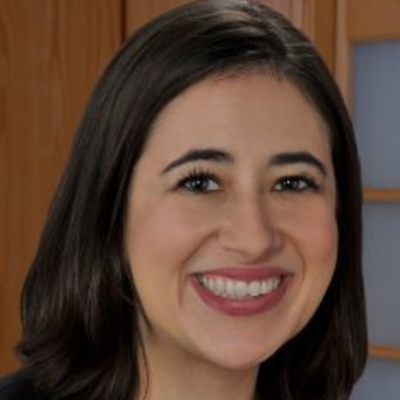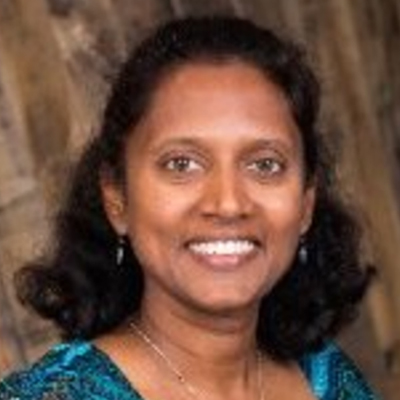LinkedIn Girl Geek Dinner 2017
LinkedIn is hosting a Girl Geek Dinner on Monday, October 2nd, 2017 in downtown San Francisco! Come listen to LinkedIn girl geeks giving tech talks about a recommendation system for online learning, the importance of creating, insights from an economic graph, and scaling big data. There will be refreshments, drinks and fun schwag!
Talk Topic: “Scaling out to 10 clusters, 1000+ users, 10,000 flows: Big Data experience at LinkedIn” by Suja Viswesan
This talk is about the past, present, and future of Big Data at LinkedIn. It is story that begins back in 2008 with a group of engineers cobbling together their first cluster from a collection of mismatched Solaris boxes. How do we support a demanding user population, limit and prevent the growth of technical debt, and the factors we take into account when making bets on new technologies like Spark, Presto, and TensorFlow.
Talk Topic: “Learning to be Relevant, Course Recommendations for LinkedIn Learning” by Shivani Rao
Online learning platforms have grown tremendously in recent years, having an impact from K-12 to lifelong learning. Come learn about Recommender System theory applied into practice to the domain of Online Education. This talk presents the algorithms behind course recommendations with insights drawn from large scale A/B Testing experiments.
Talk Topic: “Insights from the Economic Graph” by Jacqueline Barrett
In this talk, I’ll cover how LinkedIn uses its unique economic graph data to uncover labor market trends, gauge the health of local economies and understand how the workforce is being transformed. Having a better understanding of these phenomena ultimately allows policy makers, educators, employers and workers to make better decisions. This analysis ultimately provides a lens to inform policy interventions and drive change. In particular, I will focus on the metrics behind the LinkedIn Workforce Report (featured monthly on CNBC and covered by other outlets such as the Washington Post and Forbes) as well as partnerships with the World Economic Forum and World Bank.
Talk Topic: “What Art can teach you” by Omayeli Arenyeka
5 weeks into my second Computer Science class, I was learning how to build a calculator in Java. I was also considering dropping the class. It was hard but I also wasn’t very interested in what I was making. This all changed during the 6th week when we got a substitute professor. That day he demoed a game made in Processing (which is an open source creative coding language) that used computer vision to track the location of a marker so that a user could knock tiny Justin Bieber heads off the screen. I fell in love with code that day and decided to build a concentration around art and code. During college I built artsy projects like a visualization of my daily schedule, my social media activity as an electrocardiogram, an app that tweeted how lazy I was when I snoozed my alarm, and a reverse-cupid game where cupid’s arrows broke people apart instead of bringing them together. My projects weren’t always ‘practical’ or ‘useful’ in the traditional sense but at the very least they were fun and I was learning a lot. I first started doubting myself when people would ask questions like ‘So what is a practical use case for this?” after my demos. These feelings intensified when I (reluctantly) entered into the world of “traditional tech” through internships and now full-time where unit tests, code reviews, practicality, and utility reigned supreme. I wasn’t creating outside of work at all. Every time I started a project I’d be riddled with anxiety about the utility and practicality of the project or too caught up in it being perfect. Ultimately what brought me back to creating again was once more embracing an artistic perspective when approaching a project. So instead of worrying about the practicality or utility of the idea, I decided to appreciate the act of creating ‘Less Important Things.’ Like Horace a Roman poet said, “artists have always shared the right to dare anything.” Engineers, not so much. It’s so important to make space to create less important things so you can stay creative and happy in this field that puts so much weight on moving metrics or creating ‘the next facebook.’ Tl;dr I’ll be talking about the artistic mindset and embracing that even if you don’t consider yourself an ‘artist.’
Speakers
COMPANY
Founded in 2003, LinkedIn connects the world’s professionals to make them more productive and successful. With more than 575+ million members worldwide, including executives from every Fortune 500 company, LinkedIn is the world’s largest professional network on the Internet. The company has a diversified business model with revenue coming from Talent Solutions, Marketing Solutions, and Premium Subscriptions products. Headquartered in Silicon Valley, LinkedIn has offices across the globe.











